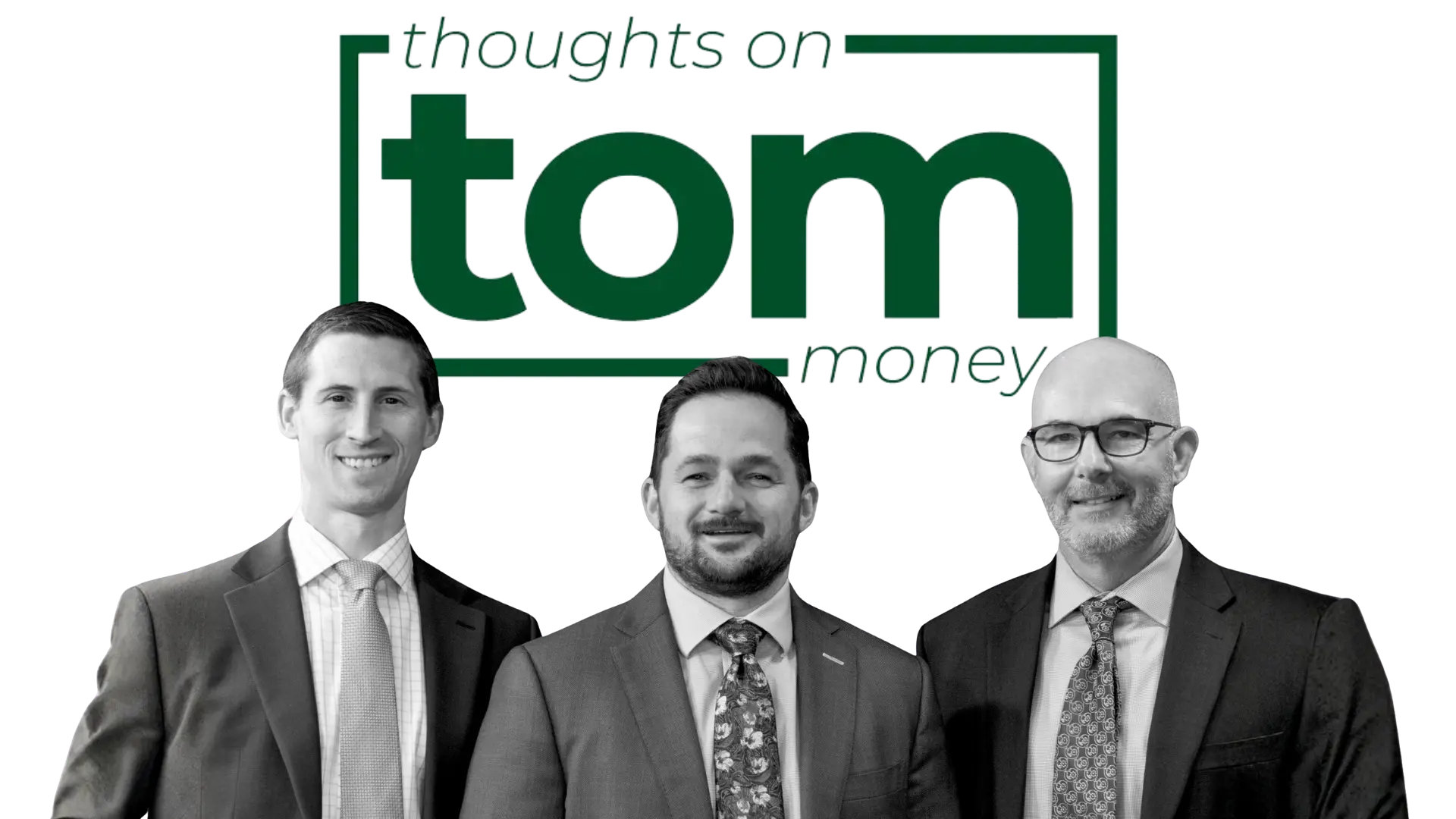Recently our 16-month-old son started walking. Watching a son or daughter take those first steps is one of the most surreal moments of life. One where you always remember exactly where you were.
What is fascinating about watching a child take those first steps is that it often takes 12+ months to learn how to take a single step. However, after that first step, it may only take a few days or weeks until that child is quite literally running around the house. In my son’s case, he has decided that jumping is his favorite new activity. In a matter of weeks, he went from not being able to take a single step, to now working on his vertical leap.
So, what happened?
Yes, he is learning coordination and gaining strength. However, the primary leap that happened for him was not physical, but rather mental. His confidence exploded. Once he took those first steps and realized he could walk, his world opened up.
Financial Confidence
When we talk to clients or prospective clients, some may say they want to achieve a target return, or a certain tax outcome, or to give “x” dollars to their children, or to have a particular income stream in retirement.
While these goals are all valid and may be specific to the investor, I would submit that what lies beneath all these goals is… a desire to be financially confident.
Investors want to know they’re going to be okay. They want to know that their hard work during the working years was worth it. They want to know they’re not leaving money on the table (legally) to the IRS. They want to know their wealth is aligned with their values. And they want to trust the person who is handling their money, whether it be themselves (in the case of a self-directed investor) or an advisor.
What Confidence Is, What Confidence Isn’t
To be clear, over-confidence is not confidence. Like 80% of drivers who think they are “above average” (guilty as charged), many of us struggle with over-confidence.
“It’s not what a man don’t know that makes him a fool, but what he does know that ain’t so.” – Josh Billings
And while over-confidence can lead to excessive speculation, risky investments, or perhaps not saving enough, when it comes to our overall financial situation, many simply lack confidence. As my son was learning how to walk, my wife and I knew he would be okay if he fell. But he didn’t know – he was frozen with fear until we came alongside him with encouragement.
Lack of financial confidence is not a bad thing, but simply reminds us that we all have blind spots, and most of us need a guide. There’s a reason that mountaineers climbing Everest utilize a sherpa.
The Question Under the Question
Let’s explore a few of the common questions that investors ask, and unpack how we might build our confidence in these areas.
1.“Am I going to be okay?”
Although it’s rare for someone to phrase it this directly, I’ve found that this is really what many investors are seeking the answer to. They want to know the wealth they have worked so hard to accumulate will last throughout their lifetime. The only way to answer the question “Am I going to be okay” is to build a robust financial plan, and stress-test that financial plan. How does this plan react in various market scenarios? What if there is an expensive long-term care event? What adjustments might I need to make in the future?
2. “Am I invested in the right “stuff”?
This is the question that most investors obsess over, and while extremely important, many put the cart before the horse by focusing on their individual investments prior to developing their financial plan (see above paragraph). The financial plan should drive the investment selection process.
The best way to build confidence with this question is to unpack the “why” behind every investment in your portfolio. If you utilize an advisor, you may not even want to know the details – however, the advisor should be able to clearly articulate the methodology used to put the portfolio together. “We capture all the upside and have a proprietary way of limiting downside” is not an honest nor coherent methodology.
Lastly, as Sir John Templeton reminds us, the four most dangerous words are “this time it’s different”. Don’t let the cable news cycle blow your investment plan off track.
3. “Am I stewarding my wealth properly?”
Many of our clients, especially those of a faith background, approach their wealth with a stewardship mentality. This mentality says that our wealth is not our own, and we are simply stewards (or managers) of it for our time on earth. The question then becomes “Am I managing well what has been entrusted to me?”
One way to build confidence in this area: write down your top five financial values. Maybe it’s family, adventure, generosity, shared experiences, simplicity… whatever is important to you. Then, quite literally, open your checkbook (or in today’s world, your banking app), and check to see if your spending is aligned with the values you’ve said are important to you.
4. “How do all the pieces fit together?”
Confusion is the enemy of confidence. Unfortunately, the financial industry does quite well at confusing and overwhelming people with endless jargon and acronyms.
My advice here? Simplify, simplify, simplify. For most, there’s a direct correlation between the amount of “stuff” that gets fed into your balance sheet and the confusion it creates.
What We’re Really After
As advisors, we do our best to improve investment outcomes, save clients money on taxes, optimize estate plans, and cover risks via insurance, to name a few things. While we’ve built a business doing all these things, we ultimately want our clients to build confidence as we work together throughout the years.
So, what leads to confidence?
- Knowing what you don’t know
- Knowing your strengths and giftedness
- Understanding the “why”
- Preparing and stress-testing
- Trusting history as a guide
- Clarity
- Partnering with and being encouraged by someone who knows the terrain
If you’re wondering if your money will outlast your lifespan, or if you are losing sleep over which stock to buy, or when to get in and out of the market, or if you’re simply confused at how your various financial aspects fit together into a cohesive whole, know that we’d love to help walk alongside you.






